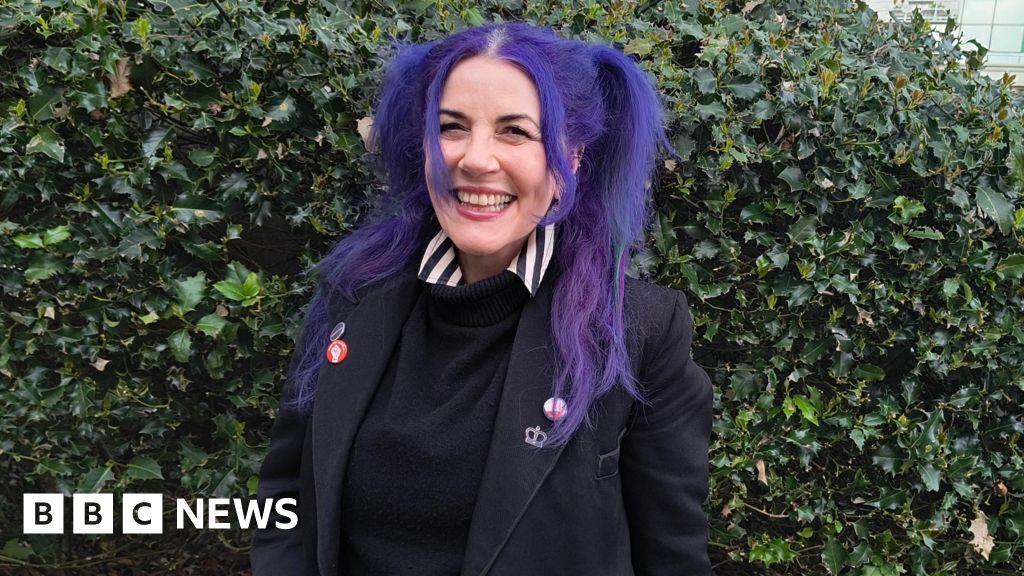Unlock Wellness Through Words: How Bibliotherapy Can Boost Your Health

The Healing Power of Stories: Exploring Bibliotherapy
In today's fast-paced world, we're constantly searching for ways to improve our mental and emotional well-being. While exercise and healthy eating are often top of mind, there's a surprisingly powerful tool that many overlook: reading. Specifically, a therapeutic approach called bibliotherapy suggests that carefully selected books can be a valuable asset in addressing a range of psychological and emotional challenges.
What is Bibliotherapy?
Bibliotherapy, derived from the Greek words 'biblio' (book) and 'therapy' (healing), is a time-tested technique that utilizes literature to help individuals understand and cope with difficulties. It's not about simply reading for pleasure, although that can certainly be a benefit. Instead, it involves a deliberate selection of books, articles, poems, or other written materials that resonate with a person's specific needs and concerns.
The concept dates back to the early 20th century, with pioneers like Sigmund Freud and Carl Jung recognizing the potential of literature in psychological treatment. Originally, it was often used in institutional settings like hospitals and schools to address issues like anxiety, depression, and trauma. Today, bibliotherapy is finding its way into individual therapy sessions, self-help programs, and even everyday life.
How Does Bibliotherapy Work?
The process typically involves a therapist or counselor guiding the individual through the selected material. However, self-guided bibliotherapy is also possible. Here's a breakdown of the common approaches:
- Projection & Catharsis: Readers identify with characters and situations in the stories, allowing them to project their own feelings and experiences onto the narrative. This can provide a safe space to explore difficult emotions and release pent-up tension.
- Insight & Understanding: Stories can offer new perspectives on challenges, helping readers gain insights into their own behavior and thought patterns. Seeing similar struggles portrayed in literature can normalize feelings and reduce the sense of isolation.
- Problem-Solving & Skill Development: Some books offer practical strategies for coping with specific issues. For example, a book on anxiety might provide techniques for managing panic attacks.
- Modeling & Inspiration: Characters who overcome adversity can serve as role models, inspiring readers to take action and develop resilience.
Incorporating Bibliotherapy Into Your Life
You don't need a therapist to benefit from bibliotherapy. Here's how to incorporate it into your own life:
- Identify Your Needs: What are you struggling with? Anxiety? Stress? Relationship issues?
- Seek Recommendations: Ask a therapist, librarian, or trusted friend for suggestions. Online resources and book reviews can also be helpful.
- Choose a Book That Resonates: Look for stories that address your specific concerns and offer relatable characters.
- Reflect on What You Read: Don't just passively read the book. Take notes, journal about your thoughts and feelings, and consider how the story applies to your own life.
- Discuss with Others: Sharing your insights with a friend, family member, or support group can deepen your understanding and provide additional support.
The Bottom Line
Bibliotherapy offers a unique and accessible way to improve your mental and emotional well-being. By harnessing the power of stories, you can gain valuable insights, develop coping skills, and unlock a path towards greater health and happiness. So, pick up a book and start your journey to wellness today!






